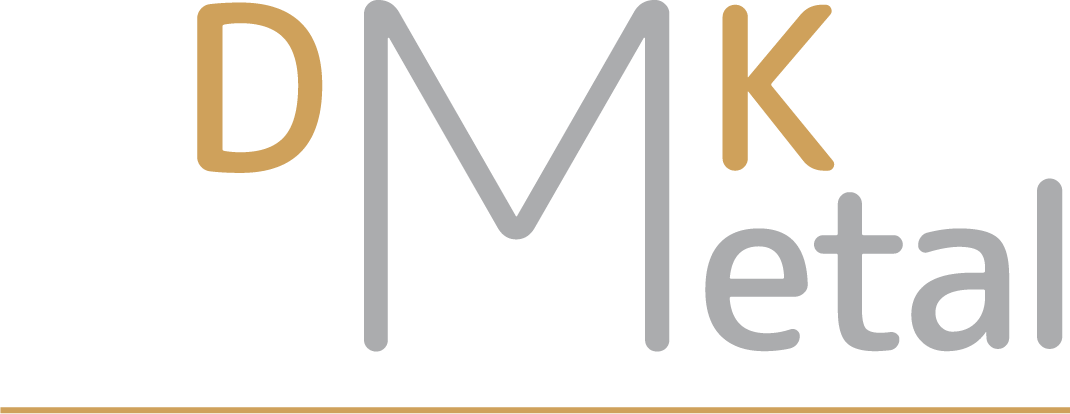Inheriting a coin collection can be both exciting and a little overwhelming. Maybe it came from a grandparent or a relative who was passionate about coin collecting. Now it’s in your hands, and you’re wondering what to do next. You might be sitting on something valuable, or you might have a pile of coins with more sentimental than monetary worth. Either way, it’s important to take your time and go into the process informed before selling anything.

Start by Understanding What You Have
The first thing to do is take a good look at the collection. You don’t need to be a coin expert to get organized. Sort the coins by type — for example, group together silver coins, foreign coins, commemoratives, or any coins that come in their original cases or packaging. Look out for coins that are in unusually good condition, still sealed, or stored with documentation. These often hold more value than loose, circulated coins.
Don’t forget to take notes. Write down dates, denominations, and mint marks if possible. This helps later when you start researching or showing the collection to a professional.
Don’t Rush Into Selling
It’s tempting to start making calls or listing coins online right away, especially if you’re not emotionally attached to the collection. But jumping in too fast can lead to mistakes. Many sellers undervalue what they have because they don’t take time to understand the true worth of the collection. Some coins may look ordinary but could be rare due to minting errors or low production runs.
Selling quickly also increases the risk of accepting a lowball offer. Take your time, especially if the collection was important to the person who passed it down.
Do Some Basic Research
You don’t need to become a coin dealer overnight, but doing some quick research goes a long way. Start with online price guides like PCGS or NGC to get a general sense of market value. The Red Book is also a well-known resource in the coin community. Look up specific coins by their year and mint mark and compare similar conditions.
Keep in mind that condition matters a lot in coin collecting. A coin from 1900 in pristine condition can be worth far more than the same coin with scratches or wear. Uncirculated and proof coins also tend to hold more value.
Consider a Professional Appraisal
When in doubt, ask an expert. A reputable coin appraiser or dealer can help you make sense of the collection. Try to find someone who’s certified by respected organizations like the American Numismatic Association or the Professional Numismatists Guild. A second opinion is always a smart idea, especially if you’re getting different feedback from various sources.
Some dealers might offer a written appraisal, while others may just give a verbal estimate. Ask for clarity and make sure there’s no pressure to sell on the spot. An honest dealer will give you the time and space you need to decide.
Know the Tax and Legal Basics
If the collection is large or includes rare items, there might be tax implications when you sell. Inherited assets like coins can be subject to capital gains tax, depending on how their value has changed since you received them. Every situation is different, so it may be worth checking in with a tax advisor or estate attorney before finalizing a big sale.
Explore Different Selling Options
There’s no one right way to sell a coin collection. It depends on what’s in the collection and how much effort you’re willing to put in.
Coin dealers can be convenient, especially if you want a fast transaction. Just make sure you’re dealing with someone reputable who offers fair pricing. Auction houses can work well for rare or high-value coins, though they often take a percentage of the sale. If you’re tech-savvy, selling on platforms like eBay or specialized coin forums can open you up to a wider audience, but it also means handling listings, packaging, and customer service.
In some cases, private collectors may pay top dollar for specific coins they’re missing. Finding the right buyer might take time, but it could be worth the extra effort.
Stay Alert to Scams
Unfortunately, the coin world isn’t free from dishonest buyers. Be wary of anyone offering quick cash without really looking at your collection or those who try to pressure you into selling immediately. If something feels off, trust your gut. A serious buyer or dealer will take the time to assess your coins properly and explain their offer.
Don’t Overlook the Sentimental Side
Before selling everything, consider if there are a few coins worth keeping for personal or family reasons. A coin tied to a special memory or a collection with a detailed history might mean more than its cash value. Talk to other family members and think it through. Once a collection is sold, there’s no getting it back.
Take the Smart Approach
Selling an inherited coin collection can be a great way to honor your loved one’s legacy while unlocking some financial value. The key is to go slow, stay informed, and work with people you trust.
At DMK Metal, we work with individuals just like you — people who’ve inherited collections and want to make smart, confident choices. Whether you’re looking to appraise, sell, or just learn more about your coins, we’re here to help with honesty, transparency, and respect for both your time and your collection. Let’s find out what your coins are really worth, together.
